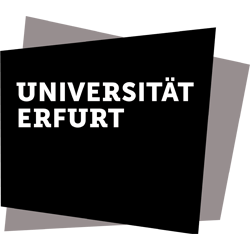Network
Current Fellows
Fellows 2023

Susanne Maslanka
Unfinished reconciliation – German-Soviet/Russian relations between high expectations and disappointments during the transformation period (ca. 1988-1995)
My PhD project discusses a particular aspect of the German-Soviet/Russian relations at the end of the Cold War and in the beginning of the post-Cold-War-era: The bilateral attempts to come to terms with the “shadows of the past”, i.e., to solve post-Second World War-issues in the spirit of “reconciliation”. In the high spirits of 1990, solutions to these problems, for example the restitution of cultural items, seemed tangible. However, during the 1990ies the negotiations proved difficult in some cases. The thesis aims to discuss, among others, the following questions: To what extent did the differences of opinion already become apparent in the negotiations in 1990, which led to German unification? And: How far did the high spirits of 1990 turn into mutual misunderstanding and distrust in the process of implementing the stipulated projects?
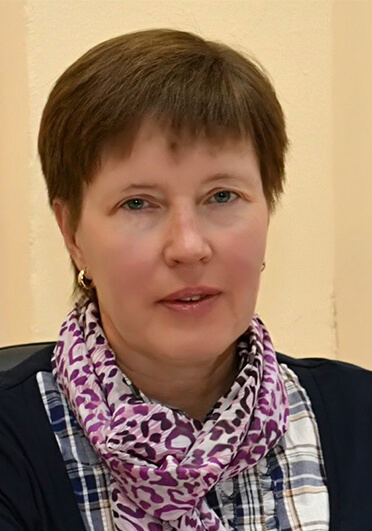
Prof. Dr. Olga Nosova
European Values and Regionalism in the Democratisation Process in Ukraine
The goal of the project is to study the issue of achieving a balance between European values and regional-specific factors for the Ukrainian social and humanitarian safety provision system. The regional development in Ukraine is influenced by a distinctive fusion of the area’s historical legacy, characteristics of the population’s ethnic-confessional mix, socioeconomic condition, and particulars of lifestyle, customs, and culture. The politics of regional differences in contemporary Ukraine has exacerbated societal divisions based on geopolitical and ethnocultural values and increased regional preferences. Russian aggression against Ukraine aggravates the contradiction between the desire to perceive European values and regional imbalances. The analysis of factors influencing European values adoption and regional values development with national specifics will be directed to overcome the existing imbalance.

Prof. Dr. Nathaniel Umukoro
Democracy and Global Peace: Assessment of European Union Assistance towards the Consolidation of Democracy and Peace in Africa
The main research question this study seeks to answer is: In what ways has the European Union contributed towards the consolidation of democracy and Peace in Africa and what lessons can be learnt? The study will be conducted qualitatively. Primary data will be collected through key informant interview of major actors in the EU, selected African States and regional institutions in Africa such as the African Union. Secondary data will be collected from books, journal articles, policy briefs and magazines using library facilities in Germany. The findings of the study will be documented and disseminated through peer reviewed journal article, policy brief and conference presentation.

Martin Utsch
In the Shadow of European Integration – US Trade Policy in the Context of the Uru-guay-Round of GATT-Negotiations (1986-1994)
My project focuses on American perspectives on European Integration at the End of the Cold War, at the time where the integration process accelerated, and the European Community became the European Union. However, rather than concentrating on security or foreign policy aspects like other studies, my investigation focuses on the trade policy aspect, a to this day more tumultuous part of the transatlantic relationship.
To this end, my project will use the at the time ongoing Uruguay Round of the GATT-Negotiations (1986-1994) as research framework. Through the examination of American foreign and trade policy documents relating to GATT and the integration process, this dissertation aims to investigate how the US-Trade policy coped with the completion of the EU and the Common Market.

Vanessa Wintermantel
On the Limits of Liberal Theories of Democracy: A Mobilization of Poststructuralist, Feminist and Postcolonial Critiques
Vanessa Wintermantel is a doctoral fellow at PARI, a PhD student at Humboldt University of Berlin and a visiting researcher of the Research Professorship Global Constitutionalism at WZB Berlin Social Science Center. Her project focuses on poststructuralist, feminist, and
postcolonial critiques of theories of democracy within the liberal paradigm. In political theory as in practice, liberal democracy enjoys the status of an almost uncontested normative ideal. Theorists within the poststructuralist, feminist, and postcolonial traditions, however, have long challenged some of the theoretical foundations of liberalism. The project seeks to identify, compile, and analyze these critical objections to the core concepts of liberal theories of democracy. Based on this, it aims to explore whether and in what ways liberal theories of democracy may address poststructuralist, postcolonial, and feminist critiques.
PARI-BKK-Fellow
Dr. Doubravka Olšáková
Green Party and Charter 77: New Social Movements, Environment, and Cooperation with Dissent across the Iron Curtain
Fellows 2022/2023

Dr. Stefanie Eisenhuth
„Schönheit für alle!“ Beauty Work und Distinktion im Staats- und Postsozialismus, 1945–1995
Dr. Birgit Hofmann
„Wandel durch Annäherung“, „Einflusssphären“, „Kalte Krieger“: Denkfiguren des Ost-West-Konflikts in außenpolitischen Debatten der Bundesrepublik seit 1989/90

Zhylien Kaja
The Western Balkans and EU: A never-ending story?
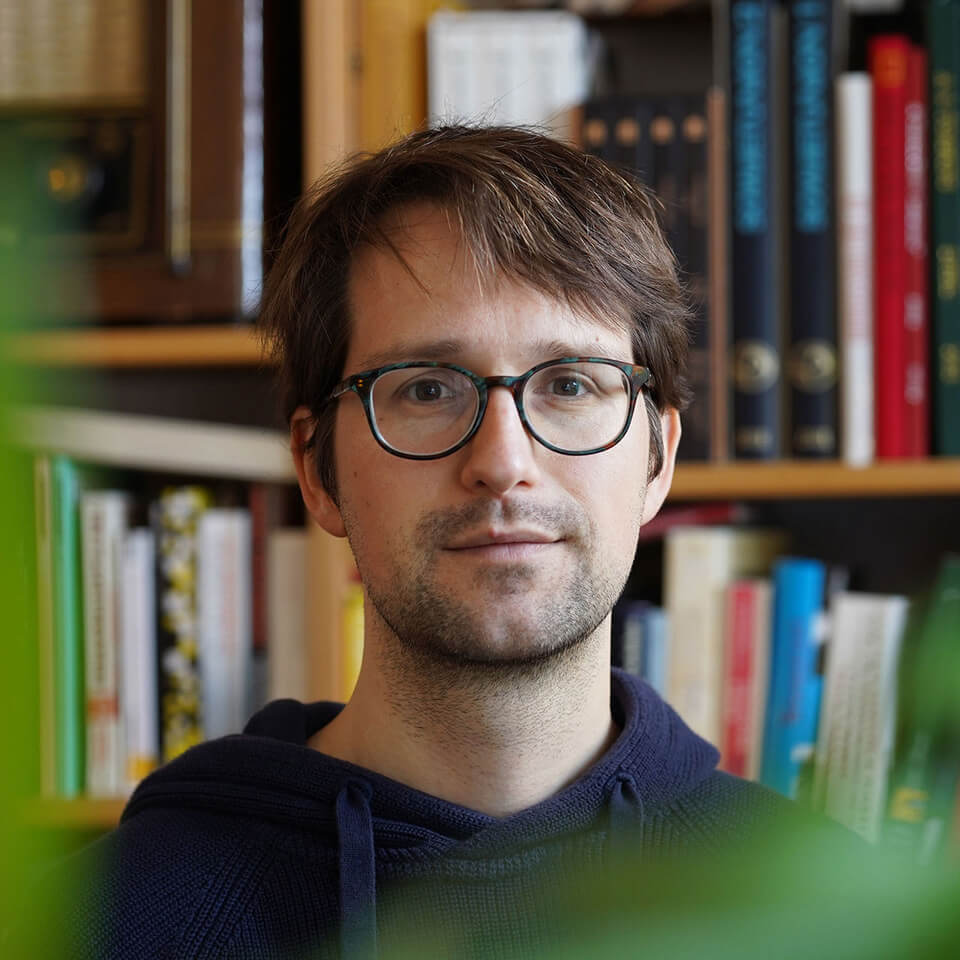
Dr. Andrew Tompkins
Bordering Germany(s): Everyday Life in Cold War Border Environments
Christina Fischer
Korrelation von sprachlicher Praxis im Netz und Gewalthandeln in der Öffentlichkeit
Christoph Held
Die leere Demokratie. Eine metakritische Untersuchung zeitgenössischer Demokratietheorien.
Dr. Sophie Lange

Hans-Georg Ripken
Im Gleichschritt Richtung Osten? Der Weg zur NATO-Osterweiterung von 1990-1999: Eine multi-methodische Analyse der Argumente in der NATO-Osterweiterungsdebatte zwischen Regierungsebene und Öffentlichkeit in den USA, Großbritannien und Deutschland
In der Promotion wird die Debatte vor der ersten NATO-Osterweiterung im Jahr 1999 in drei der wichtigsten NATO-Mitgliedsstaaten sowohl auf Regierungsebene als auch in der Öffentlichkeit untersucht. Dabei werden die unterschiedlichen Argumentationen, Begründungen und Meinungsveränderungen von Regierungen und öffentlicher Diskussion gegenübergestellt und über mehrere Länder hinweg miteinander verglichen. Untersuchungsländer sind die NATO-Staaten USA, Deutschland und Großbritannien zwischen 1990 bis 1999, die auf Basis von Primärquellen sowie statistischer Analysen betrachtet werden. Damit sollen Entwicklungen und Einflüsse analysiert werden, die zur ersten NATO-Osterweiterung im Jahr 1999 geführt haben. Für diese Untersuchung kommen neben klassischer Archivforschung auch Methoden der Data-Science, insbesondere die Sentiment Analyses von Leitmedien verschiedener politischer Richtungen zum Einsatz. Das Forschungsprojekt soll somit dazu beitragen, die divergierenden Narrative über den Prozess der NATO-Osterweiterung zu relativieren, und seriöse Bezugspunkte für die wissenschaftliche und gesellschaftliche Diskussion bereitzustellen. Darüber hinaus versteht sich die Arbeit als ein Beitrag zur Digital History und als Versuch der Etablierung von NLP-Methodiken in der Geschichtswissenschaft.
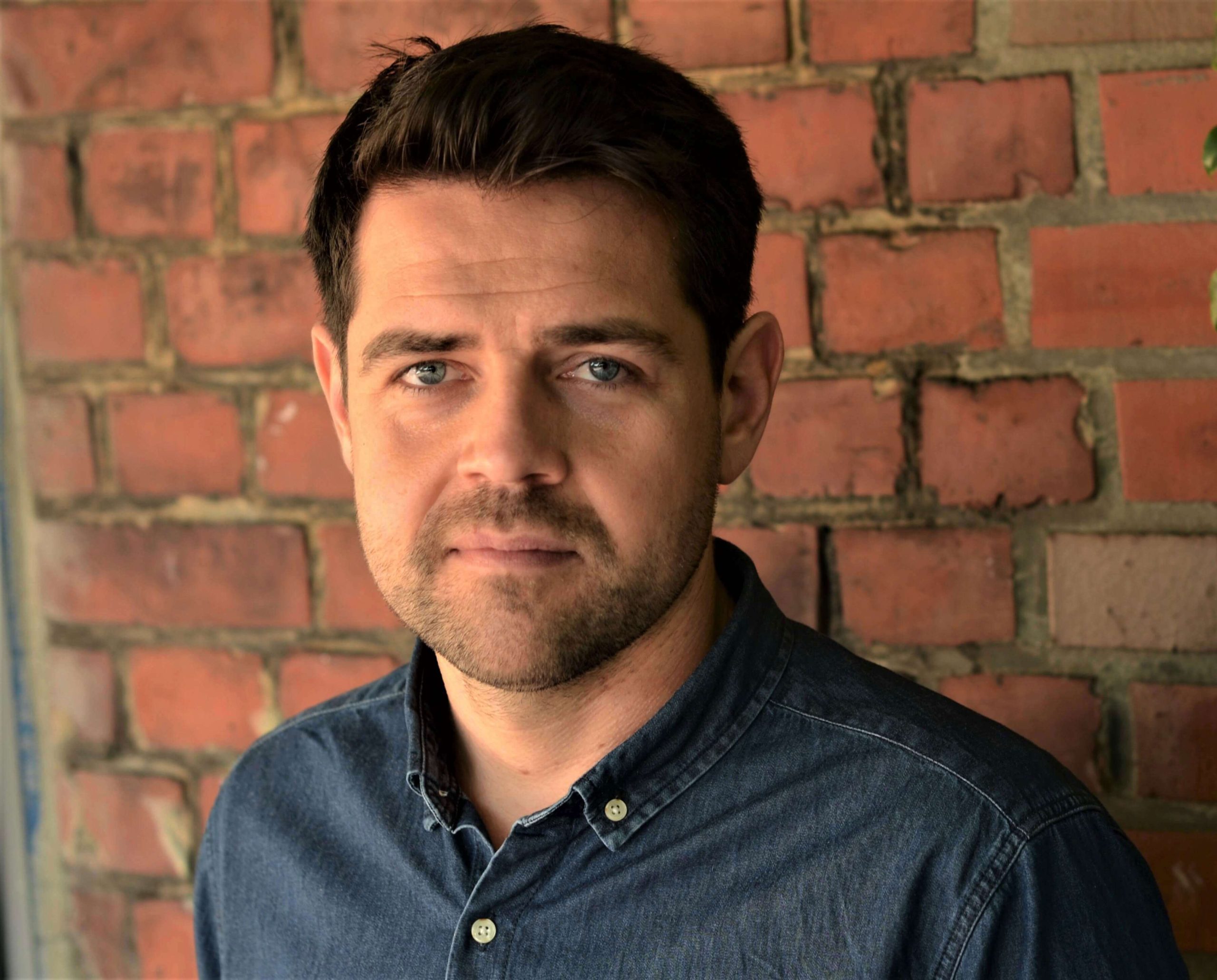
Tom Scheunemann
Biopolitical Futures and Governance in the Anthropocene – Ecological Posthumanism and Knowledge of the Subject/Object of a New Earth Age
My project is interested in the political implications of the thesis of an earth-historical break and transition from the Holocene to the Anthropocene, which originated in the Geo- and Earth System Sciences and permeated from there through all scientific disciplines. In doing so, however, this project does not see itself as another contribution to the question of “the earth” or “the human” in the Anthropocene, but rather examines the Anthropocene as a clearing within the Foucauldian genealogy of power. The object of inquiry is thus not the Anthropocene as such, but the complex debates about the onto-epistemeological conditions and challenges of the Anthropocene understood as a discourse of governmental reasoning that constantly reworks its own object of governance. The genealogical perspective thus focuses on the political implications and character of these discursive sedimentations slowly creating an anthropocene “order of things” emerging in or expressed through the Anthropocene debate.
Martin Utsch
Prof. Dr. Christine Domke
Prof. Dr. Oliver Kessler
Prof. Dr. Matthias Klemm
Prof. Dr. Christiane Kuller
- Founding Member
Prof. Dr. Philipp Gassert
- Founding Member
Prof. Dr. Philip Liste
Prof. Dr. Hans-Joachim Reinhard
- Founding Member
Dr. Alexander Reichwein
Prof. Dr. Anne Schäfer, M.A.
Prof. Dr. Iris Schröder
Prof. Dr. Claudia Wiesner
- Founding Member
Former members
Dr. Ned Richardson-Little
- Founding Member
Current Fellows
Prof. Dr. Theresa Reinold
Veith Selk
Fellows 2023

Susanne Maslanka
Unfinished reconciliation – German-Soviet/Russian relations between high expectations and disappointments during the transformation period (ca. 1988-1995)
My PhD project discusses a particular aspect of the German-Soviet/Russian relations at the end of the Cold War and in the beginning of the post-Cold-War-era: The bilateral attempts to come to terms with the “shadows of the past”, i.e., to solve post-Second World War-issues in the spirit of “reconciliation”. In the high spirits of 1990, solutions to these problems, for example the restitution of cultural items, seemed tangible. However, during the 1990ies the negotiations proved difficult in some cases. The thesis aims to discuss, among others, the following questions: To what extent did the differences of opinion already become apparent in the negotiations in 1990, which led to German unification? And: How far did the high spirits of 1990 turn into mutual misunderstanding and distrust in the process of implementing the stipulated projects?

Prof. Dr. Olga Nosova
European Values and Regionalism in the Democratisation Process in Ukraine
The goal of the project is to study the issue of achieving a balance between European values and regional-specific factors for the Ukrainian social and humanitarian safety provision system. The regional development in Ukraine is influenced by a distinctive fusion of the area’s historical legacy, characteristics of the population’s ethnic-confessional mix, socioeconomic condition, and particulars of lifestyle, customs, and culture. The politics of regional differences in contemporary Ukraine has exacerbated societal divisions based on geopolitical and ethnocultural values and increased regional preferences. Russian aggression against Ukraine aggravates the contradiction between the desire to perceive European values and regional imbalances. The analysis of factors influencing European values adoption and regional values development with national specifics will be directed to overcome the existing imbalance.

Prof. Dr. Nathaniel Umukoro
Democracy and Global Peace: Assessment of European Union Assistance towards the Consolidation of Democracy and Peace in Africa
The main research question this study seeks to answer is: In what ways has the European Union contributed towards the consolidation of democracy and Peace in Africa and what lessons can be learnt? The study will be conducted qualitatively. Primary data will be collected through key informant interview of major actors in the EU, selected African States and regional institutions in Africa such as the African Union. Secondary data will be collected from books, journal articles, policy briefs and magazines using library facilities in Germany. The findings of the study will be documented and disseminated through peer reviewed journal article, policy brief and conference presentation.

Martin Utsch
In the Shadow of European Integration – US Trade Policy in the Context of the Uru-guay-Round of GATT-Negotiations (1986-1994)
My project focuses on American perspectives on European Integration at the End of the Cold War, at the time where the integration process accelerated, and the European Community became the European Union. However, rather than concentrating on security or foreign policy aspects like other studies, my investigation focuses on the trade policy aspect, a to this day more tumultuous part of the transatlantic relationship.
To this end, my project will use the at the time ongoing Uruguay Round of the GATT-Negotiations (1986-1994) as research framework. Through the examination of American foreign and trade policy documents relating to GATT and the integration process, this dissertation aims to investigate how the US-Trade policy coped with the completion of the EU and the Common Market.
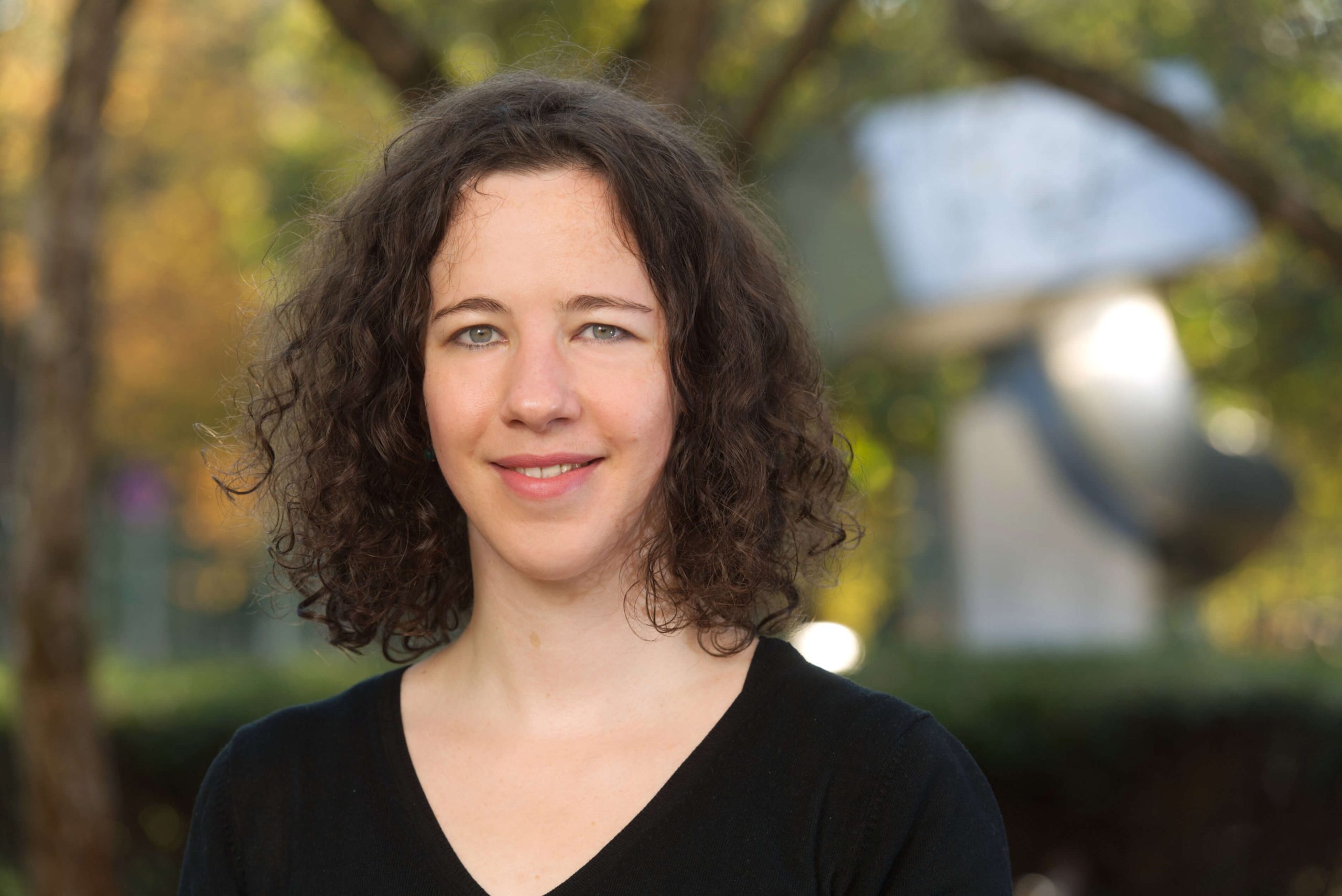
Vanessa Wintermantel
On the Limits of Liberal Theories of Democracy: A Mobilization of Poststructuralist, Feminist and Postcolonial Critiques
Vanessa Wintermantel is a doctoral fellow at PARI, a PhD student at Humboldt University of Berlin and a visiting researcher of the Research Professorship Global Constitutionalism at WZB Berlin Social Science Center. Her project focuses on poststructuralist, feminist, and
postcolonial critiques of theories of democracy within the liberal paradigm. In political theory as in practice, liberal democracy enjoys the status of an almost uncontested normative ideal. Theorists within the poststructuralist, feminist, and postcolonial traditions, however, have long challenged some of the theoretical foundations of liberalism. The project seeks to identify, compile, and analyze these critical objections to the core concepts of liberal theories of democracy. Based on this, it aims to explore whether and in what ways liberal theories of democracy may address poststructuralist, postcolonial, and feminist critiques.
PARI-BKK-Fellow
Dr. Doubravka Olšáková
Green Party and Charter 77: New Social Movements, Environment, and Cooperation with Dissent across the Iron Curtain
Fellows 2022/2023

Dr. Stefanie Eisenhuth
„Schönheit für alle!“ Beauty Work und Distinktion im Staats- und Postsozialismus, 1945–1995
Dr. Birgit Hofmann
„Wandel durch Annäherung“, „Einflusssphären“, „Kalte Krieger“: Denkfiguren des Ost-West-Konflikts in außenpolitischen Debatten der Bundesrepublik seit 1989/90

Zhylien Kaja
The Western Balkans and EU: A never-ending story?

Dr. Andrew Tompkins
Bordering Germany(s): Everyday Life in Cold War Border Environments
Christina Fischer
Korrelation von sprachlicher Praxis im Netz und Gewalthandeln in der Öffentlichkeit
Christoph Held
Die leere Demokratie. Eine metakritische Untersuchung zeitgenössischer Demokratietheorien.
Dr. Sophie Lange
Im Gleichschritt Richtung Osten? Der Weg zur NATO-Osterweiterung von 1990-1999: Eine multi-methodische Analyse der Argumente in der NATO-Osterweiterungsdebatte zwischen Regierungsebene und Öffentlichkeit in den USA, Großbritannien und Deutschland
In der Promotion wird die Debatte vor der ersten NATO-Osterweiterung im Jahr 1999 in drei der wichtigsten NATO-Mitgliedsstaaten sowohl auf Regierungsebene als auch in der Öffentlichkeit untersucht. Dabei werden die unterschiedlichen Argumentationen, Begründungen und Meinungsveränderungen von Regierungen und öffentlicher Diskussion gegenübergestellt und über mehrere Länder hinweg miteinander verglichen. Untersuchungsländer sind die NATO-Staaten USA, Deutschland und Großbritannien zwischen 1990 bis 1999, die auf Basis von Primärquellen sowie statistischer Analysen betrachtet werden. Damit sollen Entwicklungen und Einflüsse analysiert werden, die zur ersten NATO-Osterweiterung im Jahr 1999 geführt haben. Für diese Untersuchung kommen neben klassischer Archivforschung auch Methoden der Data-Science, insbesondere die Sentiment Analyses von Leitmedien verschiedener politischer Richtungen zum Einsatz. Das Forschungsprojekt soll somit dazu beitragen, die divergierenden Narrative über den Prozess der NATO-Osterweiterung zu relativieren, und seriöse Bezugspunkte für die wissenschaftliche und gesellschaftliche Diskussion bereitzustellen. Darüber hinaus versteht sich die Arbeit als ein Beitrag zur Digital History und als Versuch der Etablierung von NLP-Methodiken in der Geschichtswissenschaft.
Biopolitical Futures and Governance in the Anthropocene – Ecological Posthumanism and Knowledge of the Subject/Object of a New Earth Age
My project is interested in the political implications of the thesis of an earth-historical break and transition from the Holocene to the Anthropocene, which originated in the Geo- and Earth System Sciences and permeated from there through all scientific disciplines. In doing so, however, this project does not see itself as another contribution to the question of “the earth” or “the human” in the Anthropocene, but rather examines the Anthropocene as a clearing within the Foucauldian genealogy of power. The object of inquiry is thus not the Anthropocene as such, but the complex debates about the onto-epistemeological conditions and challenges of the Anthropocene understood as a discourse of governmental reasoning that constantly reworks its own object of governance. The genealogical perspective thus focuses on the political implications and character of these discursive sedimentations slowly creating an anthropocene “order of things” emerging in or expressed through the Anthropocene debate.
Martin Utsch
Prof. Dr. Oliver Kessler
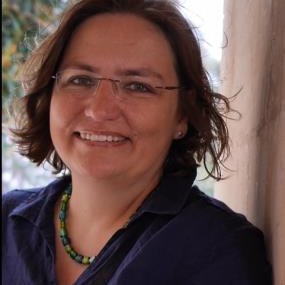
Prof. Dr. Christiane Kuller
- Founding Member

Prof. Dr. Philipp Gassert
- Founding Member
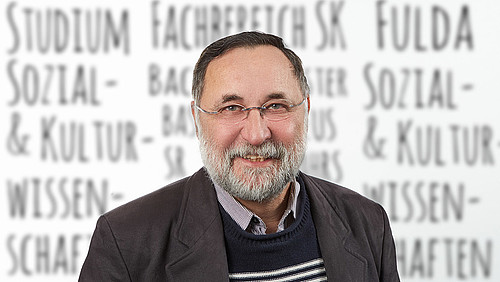
Prof. Dr. Hans-Joachim Reinhard
- Founding Member
Dr. Alexander Reichwein

Prof. Dr. Iris Schröder

Prof. Dr. Claudia Wiesner
- Founding Member
Former members
Dr. Ned Richardson-Little
- Founding Member
Membership
Please feel free to contact the executive director for further information.
Point Alpha Research Institute e. V.
Schlossplatz 1-2
36419 Geisa








